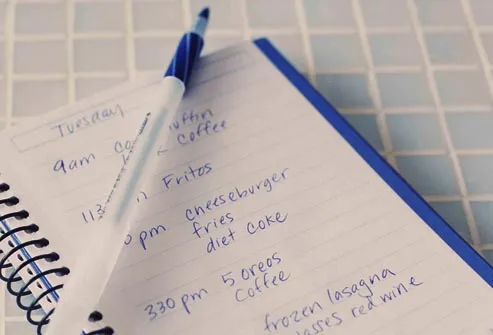Migraines affect up to 12% of the US population (36 million people). Around two thirds of sufferers are women. The first week of September is Migraine Awareness week. We at Health On Point would like to
offer special sessions, additional education and support for those in the community who suffer with migraine headaches.
This week we will start with a personal story. Jane Elliott is a health reporter at BBC News. Below is an excerpt in which she discusses living with this condition and how acupuncture is offering a respite.
Even as a tiny baby, I am told, I used to hold my head, go pale, and vomit. As I grew older the migraines started to follow a more defined pattern.
It seemed that anything that I liked and enjoyed could prove a trigger: chocolate, too much orange juice, Coca cola, excitement over parties or school trips.
In the end my parents would not tell me about a planned treat until minutes before we left in the hope I would keep calm and avoid 'getting worked up'.
I can remember a sudden attack on the way home from school, aged about 10, left me in agony, being sick on the roadside and wondering how I was going to manage the short distance home.
Triggers
And as I got older, I quickly learnt that even a small glass of red wine always has disastrous results, although I can drink small amounts of white wine with no ill effect.
Exhaustion is another big trigger, and as a mother of two young children I have found the frequency of my attacks increasing over the last four years.
I know I can probably survive with one broken night's sleep, but any more than that will always mean a migraine.
In any given month I can have between one and six attacks, although during both pregnancies I was migraine free.
Some weeks are so bad that I get one horrendous attack and what I can only describe as aftershocks over the next few days.
Darkened room
In the worst attacks I am so debilitated that the pain, concentrated mainly on my left temple, seems unbearable and I have to retire to a darkened room.
First comes hours of excruciating pain and feelings of depressing nausea, then a welcome relief as I eventually vomit and as the pain recedes and I can fall into sleep.
My migraines last on average eight hours - some people suffer days of pain.
Over the years I have tried every sort of pain relief, from over-the-counter headache tablets - which only work sometimes in the very early stages - to targeted migraine drugs, which worked on many of the attacks but left me feeling nauseous.
This year, after my migraines reached an intolerable level and I found myself getting as many as three attacks a week, I decided to take immediate action.
My doctor recommended Imigran Recovery (sumatriptan), which has recently been made an over-the counter drug. He warned me that it didn't work for everyone - but it worked for me.
If I took the tablets everywhere with me and took them as soon as I started to feel the familiar warning signs they did not develop.
Not wanting to become reliant on too many drugs however, I decided to explore other ways of alleviating my migraine.
My mother recommended acupuncture, and I must admit that I was at first sceptical.
She had seen a TV programme which seemed to show a link between acupuncture and migraine relief, and she offered to pay for a course of treatments for me to see if it worked.
I didn't hold out much hope of it working, but was prepared to give it a go.
Diet changes
As well as the acupuncture, I was told to make some changes to my diet - only two cups of tea a day and no diet Coke (I normally have at least six teas daily and about one or two diet cokes a week).
Christina, my acupuncturist, warned that I was using the caffeine to boost my energy levels and advised more water instead. Cutting out the caffeine from my diet was extremely hard and I had more than a few withdrawal symptoms, although in the long-term a relatively caffeine free diet is no bad thing for my overall health.
Sessions took an hour and consisted of gentle head massage as well as the strategically placed acupuncture needles.
The first week I had two attacks, the next week I had one and I was beginning to worry that I might be one of those for whom acupuncture did not work.
But at the start of week three I had a revelation - no migraines.
I went for treatment once a week for about two months and was completely migraine free. Apart from pregnancy this was a first.
Over three months later I have had one bad migraine (last week) which I put down to an enforced break of six weeks, while the acupuncturist and I both had three week holidays.
But I am amazed it has worked. I have read reports which say acupuncture and sham acupuncture both work, although other reports have disputed that. To be honest I don't care whether it is real, or as some say an effect 'in my mind'. I can't explain why it worked for me. All I can say is that it has worked for me and I intend to keep going.






